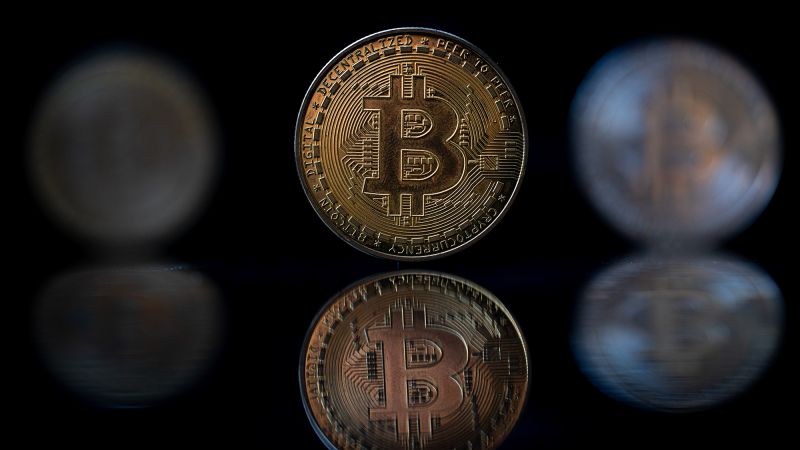
SEC gives bitcoin ETFs the green light
CNN
After a false start Tuesday, the Securities and Exchange Commission gave its approval Wednesday for some investment companies to offer “spot bitcoin” exchange-traded funds.
After a false start Tuesday, the Securities and Exchange Commission gave its approval Wednesday for some investment companies to offer “spot bitcoin” exchange-traded funds. The regulator’s highly anticipated move is expected to make bitcoin investing more accessible to Main Street investors, without requiring them to own the digital asset directly. SEC Chair Gary Gensler made it clear in a statement that the agency remains wary. “While we approved the listing and trading of certain spot bitcoin ETP shares today, we did not approve or endorse bitcoin. Investors should remain cautious about the myriad risks associated with bitcoin and products whose value is tied to crypto,” he wrote in a statement posted on the SEC’s website. The SEC had a deadline of January 10 to offer a decision for just one of the 11 firms that applied to offer bitcoin ETFs. On Wednesday it offered approval to all of 11 of them. Bitcoin, the leading cryptocurrency, has a current market cap of roughly $900 billion. It has seen volatile price swings throughout its 15-year history. Most recently, after hitting an all-time high of nearly $69,000 in November 2021, it fell below $17,000 during the “crypto winter” of 2022 and has mostly been trading north of $45,000 in the run-up to the SEC’s decision. Soon after the news on Wednesday, the price of bitcoin was down nearly 2% to $45,431, according to data on coinmarketcap.com.

Nashville officials on Monday announced a massive public transportation partnership with Elon Musk’s The Boring Company to alleviate the city’s significant traffic congestion problems for travelers bound to the airport. But Musk has previously made many similar promises in a host of other American cities with little to show for it.

The United States and the European Union avoided the worst-case scenario: a damaging, all-out trade war between allies that threatened to raise prices on a large number of goods and slow two of the world’s largest economies. The framework delivered a sense of relief for both sides – but few are cheering the arrangement itself.





















 Run 3 Space | Play Space Running Game
Run 3 Space | Play Space Running Game Traffic Jam 3D | Online Racing Game
Traffic Jam 3D | Online Racing Game Duck Hunt | Play Old Classic Game
Duck Hunt | Play Old Classic Game









